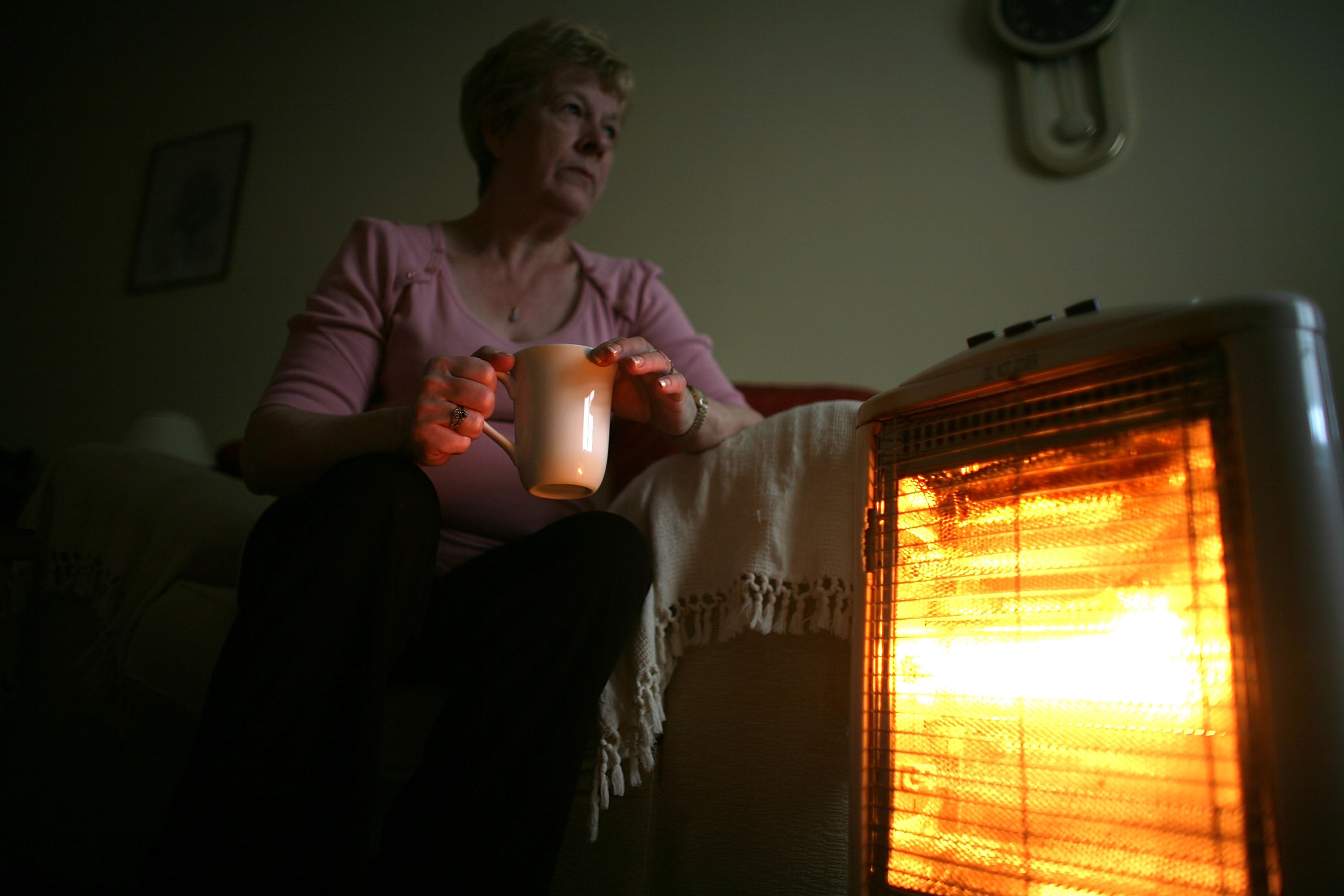Senior Tories demand energy bills cut to tackle cost-of-living crisis and rising ‘fuel poverty’
Five ex-ministers echo Labour’s call for VAT to be axed – piling pressure on Rishi Sunak to act

Your support helps us to tell the story
From reproductive rights to climate change to Big Tech, The Independent is on the ground when the story is developing. Whether it's investigating the financials of Elon Musk's pro-Trump PAC or producing our latest documentary, 'The A Word', which shines a light on the American women fighting for reproductive rights, we know how important it is to parse out the facts from the messaging.
At such a critical moment in US history, we need reporters on the ground. Your donation allows us to keep sending journalists to speak to both sides of the story.
The Independent is trusted by Americans across the entire political spectrum. And unlike many other quality news outlets, we choose not to lock Americans out of our reporting and analysis with paywalls. We believe quality journalism should be available to everyone, paid for by those who can afford it.
Your support makes all the difference.Senior Conservatives are warning of a cost-of-living crisis that will push more families into “fuel poverty” unless Rishi Sunak acts to cut soaring energy bills.
Five ex-ministers are among a group of 20 MPs and peers echoing Labour’s call for VAT to be axed on bills that are predicted to soar to a record £2,000 a year from April.
The Net Zero Scrutiny Group of Conservatives – which is sceptical about measures to tackle the climate emergency – also wants the removal of environmental levies on domestic energy.
The call heaps further pressure on the chancellor to find billions of pounds to head off a likely 50 per cent leap in the price cap – a result of unprecedented wholesale energy costs.
Otherwise, “the likelihood is that domestic tariffs will increase hugely, feeding directly into a cost-of-living crisis for many and pushing them into what is bluntly called ‘fuel poverty’”, the group is warning.
Its members include Esther McVey, the former work and pensions secretary, and former ministers Robert Halfon and Steve Baker. Its chair is Craig Mackinlay.
Controversially, a letter from the group to The Sunday Telegraph points to “the inescapable conclusion of the need to expand North Sea exploration and for shale gas extraction to be supported”.
Meanwhile, the government has been warned that the number of UK households living in fuel poverty is on course to hit 6 million this spring, up from the current 4 million.
This would be the highest level since records began in 1996, the charity National Energy Action fears.
Major energy suppliers have pleaded for government intervention, after the cost of gas in wholesale markets rose by more than 500 per cent in less than 12 months.
More than 20 firms have gone out of business since the summer, with their customers shifted to new providers – and the costs of these failures due to be loaded onto bills.
The Resolution Foundation think tank warned that rising energy bills, stagnant wages and tax hikes would add up to a £1,200 hit to household finances – with poorer families suffering the most.
The energy price cap was introduced in 2019 to protect customers from “rip-off” prices, and is updated twice a year by Ofgem, the energy regulator.
It limits bills for 11 million households on standard tariffs and 4 million households with prepayment meters.
The letter from the Net Zero Scrutiny Group reads: “It is becoming increasingly clear that the country will face inflation in 2022, and with it cost-of-living pressures for our constituents.
“It would be easy to dismiss these as due entirely to international cost pressures that all economies are facing.
“However, we have almost uniquely caused our energy prices, through taxation and environmental levies, to increase faster than those of any other competitive country.”
Subscribe to Independent Premium to bookmark this article
Want to bookmark your favourite articles and stories to read or reference later? Start your Independent Premium subscription today.
Join our commenting forum
Join thought-provoking conversations, follow other Independent readers and see their replies
Comments